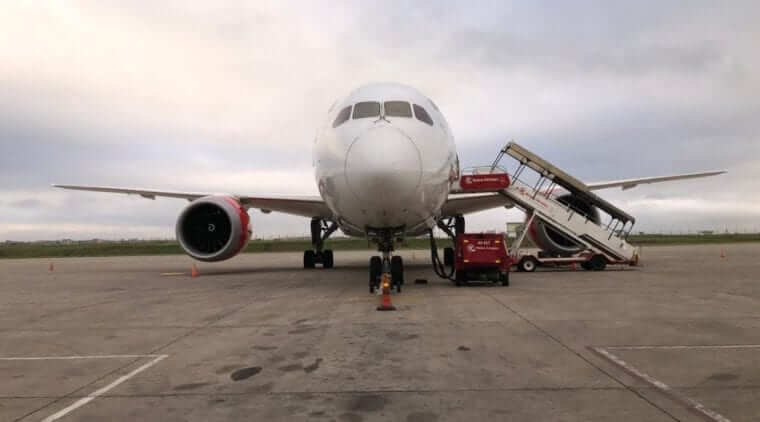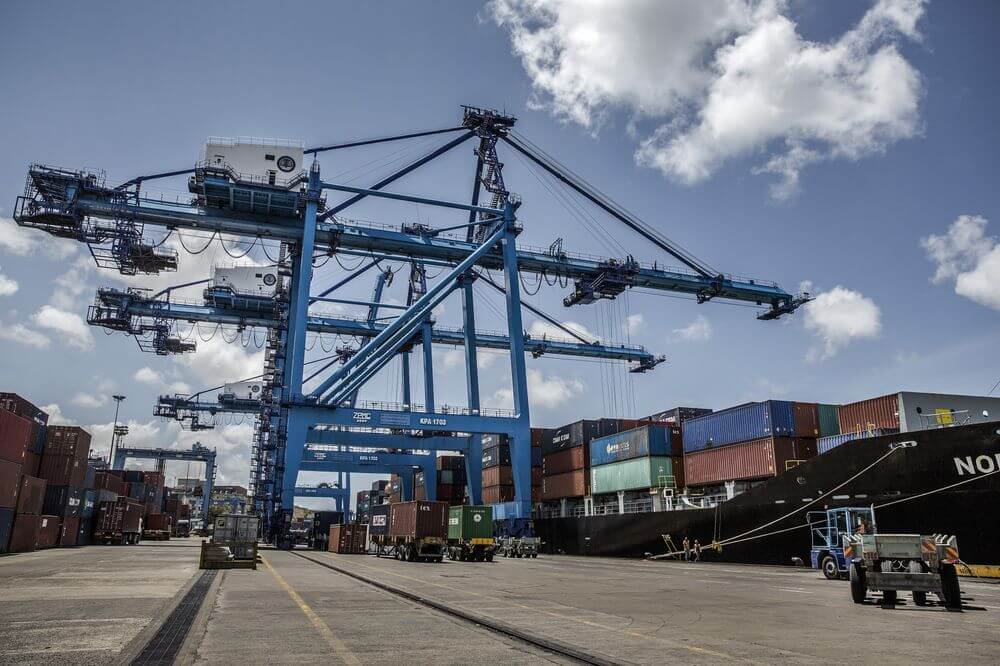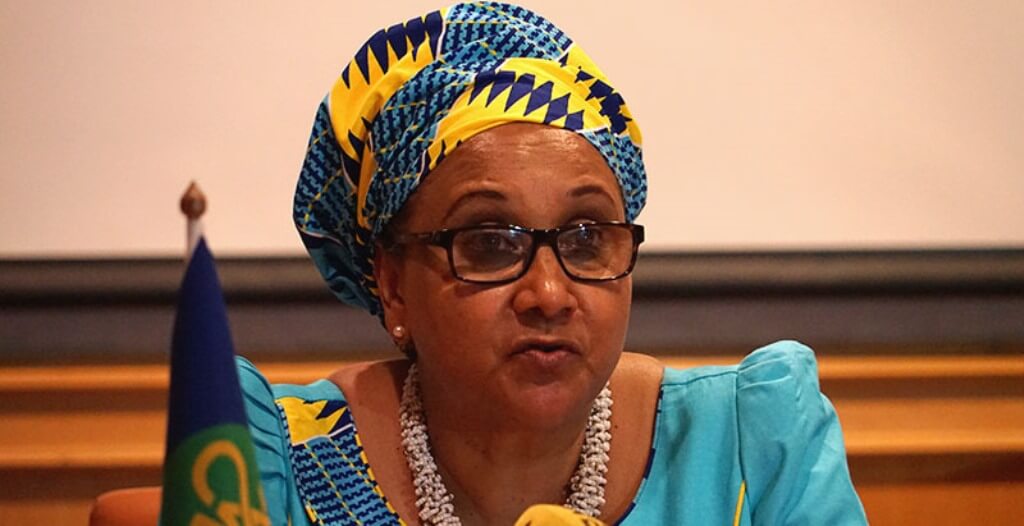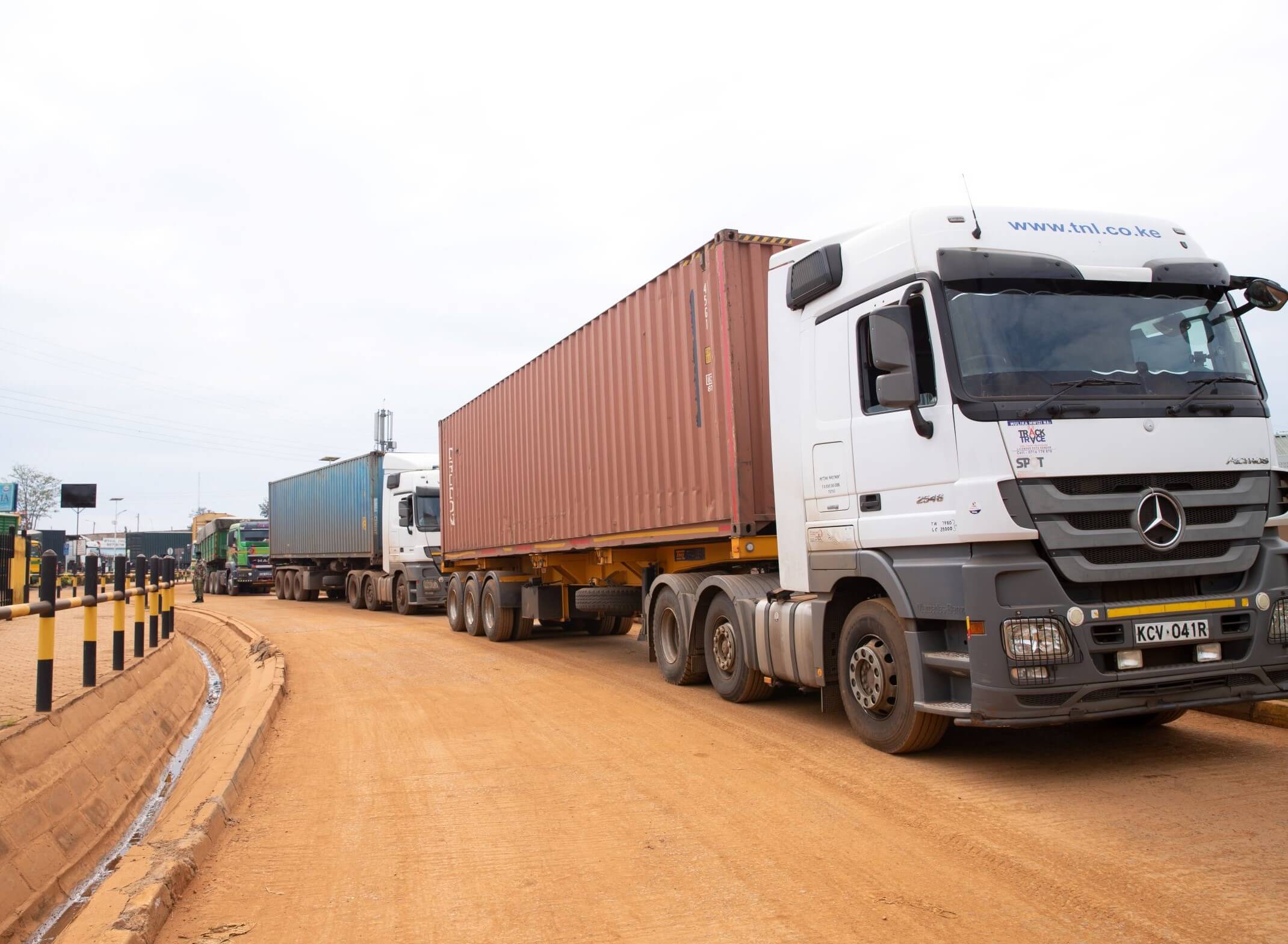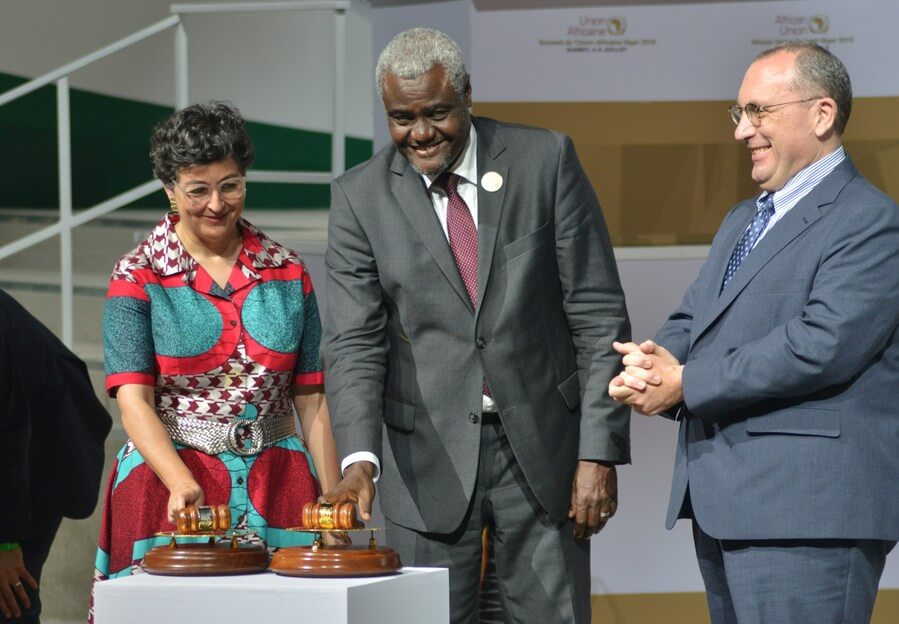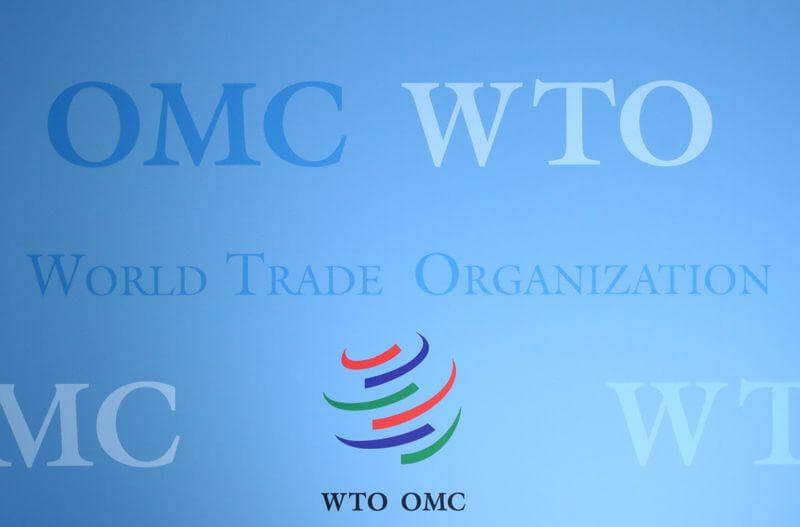In Summary On Friday, Kenya added 7 more countries to its list of countries whose passengers will be allowed into the country when international flights resume on August 1. Flights from the United States of America (except for California, Florida and Texas; United Kingdom, France, Netherlands, Qatar, United Arab Emirates, Italy will now be allowed into the country. Apart from China and Zimbabwe, other countries allowed to operate flights to Kenya are South Korea, Japan, Canada, Ethiopia, Switzerland, Rwanda, Uganda, Namibia, and Morocco. Kenya and Tanzania have been urged to consider an East African Community (EAC) coordinated approach after the two countries clashed over the ‘safe flights’ list. The East African Business Council (EABC) said the two nations should prioritize decisions that promote intra-EAC trade and revive the tourism and hospitality sector heavily hit by the COVID-19 pandemic. “The East African Business Council congratulates Kenya and Rwanda as they resume international flights today, 1st August 2020. Tanzania resumed international flights on the 18th of May 2020. These are important steps towards the recovery of the aviation and tourism sectors, however, the differences emerging in regional air transport services among some partner states are set to adversely affect the rebound of business in the region,” Dr. Peter Mathuki, the EABC Executive Director /Chief Executive Officer said. According to him, intra EAC trade stood at $5.98 billion (Ksh. 644billion) two years ago but with the unprecedented impact of COVID-19 pandemic on the economy, regional trade is expected to decline by 50 percent this...
Pressure piles on Kenya, Tanzania to resolve ‘safe flights list’ row
Posted on: August 3, 2020
Posted on: August 3, 2020

